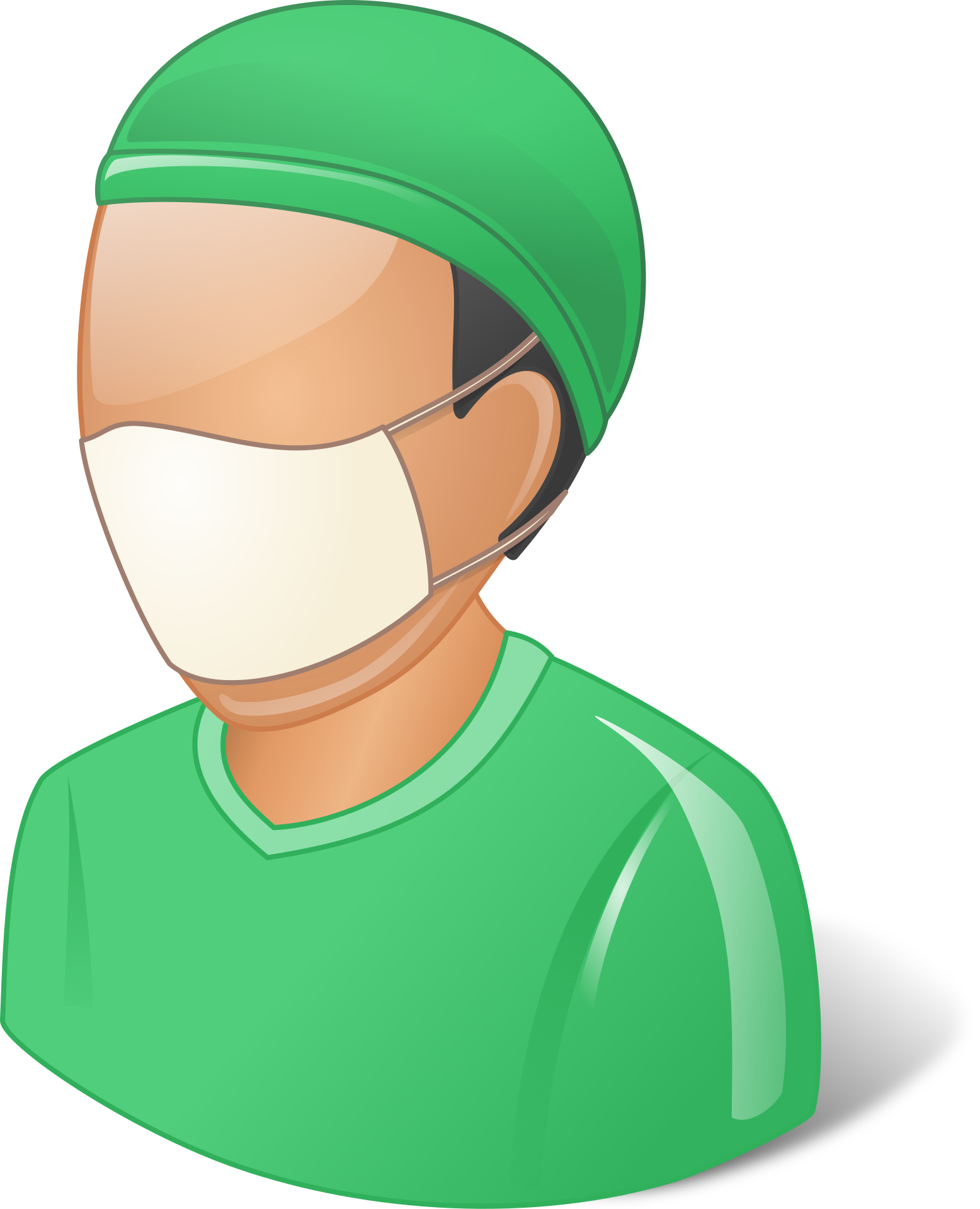The term “masked depression” was once used to describe a condition where a person with depression experienced physical symptoms, called somatic or somatoform symptoms, without feeling the psychological or mood symptoms typically associated with it.
Masked depression isn’t used as a diagnosis anymore. Its popularity peaked during the 1970s and 80s, and it has since fallen out of favor. This is probably because the term is vague, and the list of symptoms associated with it is so wide-ranging that it often led to misdiagnosis.
The Diagnostic and Statistical Manual of Mental Disorders version 5 (DSM-5)
Although it’s no longer a formal diagnosis, some people still use it to describe their symptoms. During the period when psychologists and psychiatrists used the term as a clinical diagnosis, the physical symptoms associated with masked depression included:
- chronic pain, especially headache, back pain, and joint pain
- difficulty sleeping
- rapid heart rate
- gastrointestinal problems
- fatigue
People formerly diagnosed with masked depression often reported cognitive and behavioral symptoms, too, including:
- trouble concentrating
- sexual disfunction
- lack of energy
- difficulties in school
- social withdrawal
Depression can cause physical, cognitive, and behavioral symptoms in addition to changes in mood.
In the same way, depression and sleep disturbance are also connected. Depression can keep you from getting good sleep, and the lack of sleep can lead to deeper depression. Concentration problems and decision-making difficulties are also considered core symptoms of depression.
Without a clear understanding of the ways depression affects the body, it’s possible to misinterpret symptoms as a physical illness. But treating physical symptoms without treating the underlying depression isn’t effective.
Some researchers think depression is still underdiagnosed — and as a result, untreated — especially in some populations, including:
Recognizing the physical symptoms of depression is important because an accurate diagnosis is the basis for an effective treatment plan and better health outcomes.
While masked depression is no longer used as a diagnosis, you may still hear similar terms used today. The term “hidden depression” can be used to describe the experience of someone with depression who doesn’t show it outwardly.
Other clinical terms used to describe this condition today include:
- somatic symptoms
- somatoform disorder
- somatization disorder
People with “masked” depression may function well in their daily lives and appear to be in good mental and physical health — but they’re concealing the physical and mental symptoms of depression. People sometimes call this condition “smiling depression.”
If you’re experiencing depression symptoms, there are steps you can take to feel better physically and emotionally.
Talk with a health professional about all your symptoms. A doctor, nurse practitioner, or physician assistant can prescribe medication to treat the specific symptoms you’re experiencing.
Antidepressant medications can help relieve
You can also talk with a health professional about other ways to improve depression symptoms, including:
Masked depression is a term psychologists and doctors once used to describe depression with physical symptoms rather than mental or mood symptoms. The term isn’t used as an official diagnosis anymore.
Today, the physical symptoms of depression are more clearly understood. Depression can cause pain, sleep disruption, and problems with thinking skills like decision-making and concentration.
Getting an accurate diagnosis and treatment can relieve many of the physical symptoms along with the psychological ones.
If you’re experiencing depression symptoms, talk with a health professional about what’s going on in your body and mind. Your overall health and well-being will benefit from a treatment plan that matches your specific needs.

